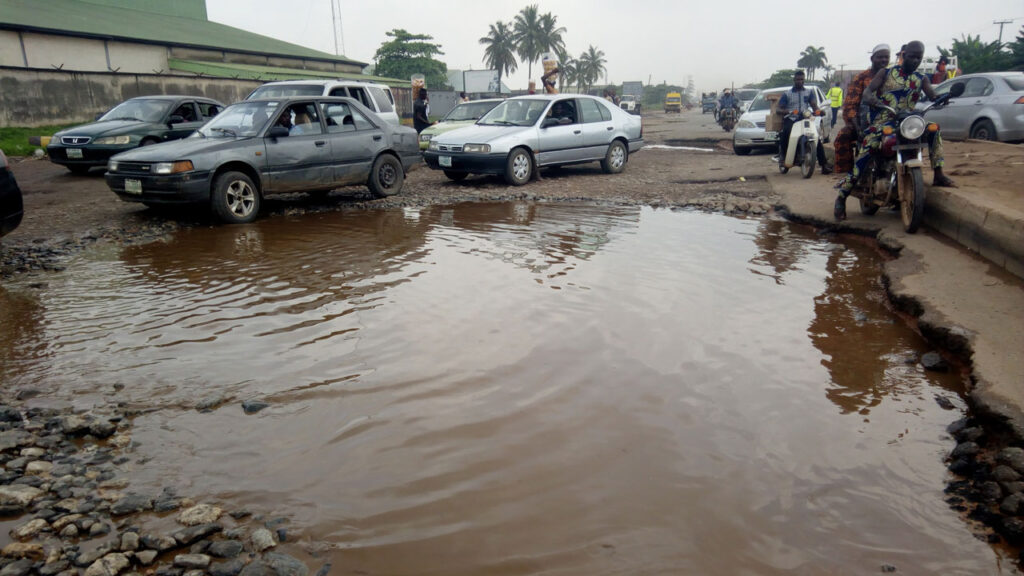Road crashes across the country have become a recurring decimal. Daily and, indeed, annually, thousands of innocent Nigerians are lost to road crashes. It is not uncommon to read of fatal crashes in the newspapers everyday, both in intercity and intracity roads. For example, the Lagos end of the Lagos-Ibadan highway, which reconstruction is just being completed, has witnessed several accidents even in the first few months of this year, 2023. From fuel tankers spilling their contents to head on collisions and vehicles losing control, the damage to lives and property is terrible. Other high traffic roads such as Lokoja-Abuja, Aba-Port Harcourt, Kano – Abuja, Benin-Warri-Port Harcourt East-West Road witness regular road accidents some of which make headlines but leave families in a quandary.
Although road carnages occur globally, leaving pains, bruises, broken limbs and fatalities in their trail, the country’s case is peculiar. Nigeria has one of the highest indices of road fatalities in Africa, and one of the global worst, losing its precious manpower base to avoidable road accidents.
Indeed, the Federal Road Safety Commission, FRSC, the agency set up by the Federal Government of Nigeria to ensure road safety and standards, says road carnages have recorded an upward swing for six consecutive years from 2017 to date, leading to thousands of deaths annually. As an example of the scale of casualty, the National Bureau of Statistics, NBS, said 1,834 people died out of 3,345 road accidents that occurred in the country between January and March 2022 alone.
The NBS is the Federal Government’s agency responsible for collecting, compiling, disseminating, interpreting and publishing statistical information relating to the socio-economic life of Nigerians. However, it must be said that many of the fatalities from road travels cannot be fully accounted for, due to poor coverage and unreliable statistical data in the country. This is why estimates by multilateral institutions are high and seem more realistic. The World Health Organisation (WHO) estimates annual fatalities on Nigerian roads in the upwards of 40,000, which makes it tops in Africa. The World Bank ranks Nigeria 54th in the world in the number of road accidents.
Many reasons can be adduced to explain this, chief of them the fact that Nigeria has the largest network of roads by length in Africa and it is the dominant method of travel. Yet, these realities do not justify the huge casualty on our roads. The Federal Road Safety Commission (FRSC), Standards Organisation of Nigeria (SON) and other agencies impacting the road sector have identified some factors behind Nigeria’s grim road statistics. Among these are: defects in the design and state of our roads, defective vehicles and human error from poor driving. These have been expressed in overspeeding, poor vehicle condition, bad roads, brake failure and impatience. In addition are the ubiquitous logs of wood, stones and other dangerous objects deliberately put on the roads by criminals for drivers to run over or abandoned by security men on stop and search, which sometimes lead to accidents.
The Federal and State Governments have attempted to address some of these problem points, for instance with rules guiding the quality of tyres and checks thereof, but the measures seem insignificant. For instance, cases are still heard of articulated vehicles which are unlatched and come unhinged, leading to fatal accidents. Or, of motorists driving against traffic on account of bad roads.
The Federal and State Governments must now take the bull by the horns and strengthen the FRSC and other related regulatory agencies to perform better. There must be interagency collaboration, especially between FRSC, SON and Vehicle Inspection Officers, among others, to arrest the worsening situation. It also needs to look at the redesign and maintenance of our public roads to make them less prone to accidents.
The FRSC, which has as its primary responsibility road safety, should do more to ensure that it regularly patrols our roads to ensure that logs and stones do not become a permanent feature on them and pose dangers to travelers. As well as ensure that problem points are made known to the relevant authorities to address in a timely manner.
Indeed, taming the scourge of road accidents requires the concerted effort of all: government, vehicle owners, drivers and agencies, otherwise the consequences of these road crashes on the socio-economic life of the country will continue to be high and destabilising.








More Stories
Bringing Life to Ajaokuta Steel Company
Reconsidering the cybersecurity levy
Tinubunomics: what’s working, what’s not, why and way forward